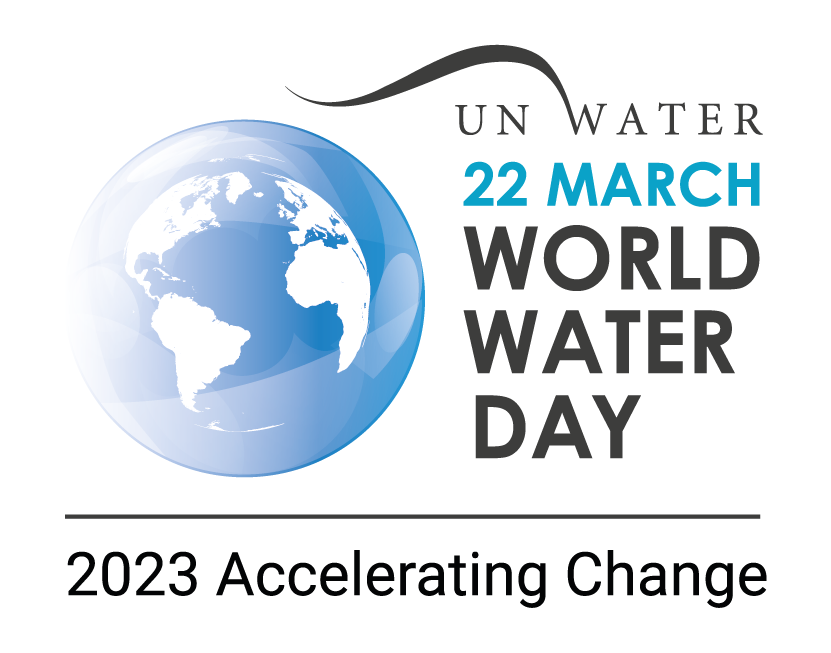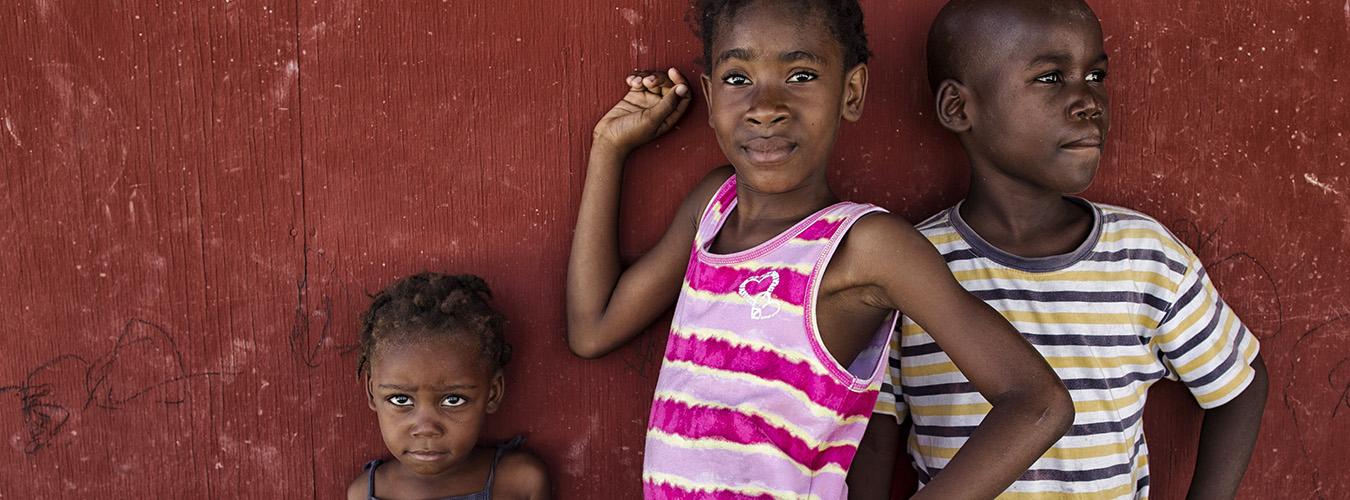World Water Day is an annual celebration on 22 March. This year’s theme is about accelerating change to solve the water and sanitation crisis. To raise awareness for this important topic, Elsevier presents a curated list of publicly available journal articles and book chapters to help advance #SDG6 research.
Elsevier,
Nikolay Manchev Petrov, Mariya Ivanova Stoyanova, Rajarshi Kumar Gaur, Chapter 12 - Biodiversity and characterization of economically important viruses on potato cultivars, Editor(s): Rajarshi Kumar Gaur, Basavaprabhu L. Patil, Ramasamy Selvarajan, Plant RNA Viruses, Academic Press, 2023, Pages 245-270, ISBN 9780323953399
This content aligns with Goal 15: Life on Earth as it discusses the different viruses that can infect potatoes which are a problem for the quality and the quantity of global potato production which can exacerbate any food security issues.
Elsevier,
Multi-Hazard Vulnerability and Resilience Building: Cross Cutting Issues, 2023, Pages 127-143
This chapter advances the UN SDG goals 11 and 10 by developing a practical philosophy that elaborates elements from the Indigenous knowledge system for hybrid epistemologies from which actions can be developed for disaster risk reduction.
Elsevier,
Multi-Hazard Vulnerability and Resilience Building: Cross Cutting Issues, 2023, Pages 347-361
This chapter advances the UN SDG goals 11 and 10 by contextualizing how the integration of indigenous practice and scientific knowledge of DRR can support development organizations and policymakers in planning effective and practical activities to mitigate and manage disaster risk in indigenous communities. This conceptual article argues that indigenous knowledge can assist in becoming more aware of disaster risks, implementing a successful local disaster management plan, and conducting scientific research and training.
The breeding of captive wild species can play a crucial role in their preservation. One major barrier to successful captive breeding is the difficulty of replicating the natural environment. In this study the authors provide suggestions and recommendations to facilitate future breeding efforts for captive jaguars.
There are undeniable historic and contemporary hardships faced by Indigenous Peoples regarding access to medical treatments, research opportunities, clinical trial participation, and careers. The goal of the PNOC/CBTN DEI working group is to bring such inequities to our pediatric neuro-oncology community and beyond and start to develop and collaborate towards solutions.
The International Day for the Elimination of Racial Discrimination is observed annually on the day the police in Sharpeville, South Africa, opened fire and killed 69 people at a peaceful demonstration against apartheid "pass laws" in 1960. The UN General assembly created this day to signify the struggle to end the policy of apartheid in South Africa and call on the the international community to end all forms of racial discrimination.
This Article supports SDG 3 by providing the first systematic review on uptake of testing and treatment and turnaround times to treatment initiation with point-of-care HCV testing versus standard laboratory testing, finding improvements on both fronts; this is reflected in new WHO recommendations on adoption of point-of-care HCV testing as an alternative to laboratory-based tests.
This article aligns with the SDG goal 3 of Good health and wellbeing and SDG 10 Reduced inequalities by highlighting opportunities to leverage real data to better understand the outcomes of direct-acting antiviral treatment in smaller, discrete subgroups of HCV-infected patients that cannot be comprehensively evaluated in clinical trials.
This article aligns with the SDG goal 3 of Good health by showing that hepatitis E superinfection accelerate disease progression and increase long-term mortality in patients with hepatitis B liver cirrhosis


